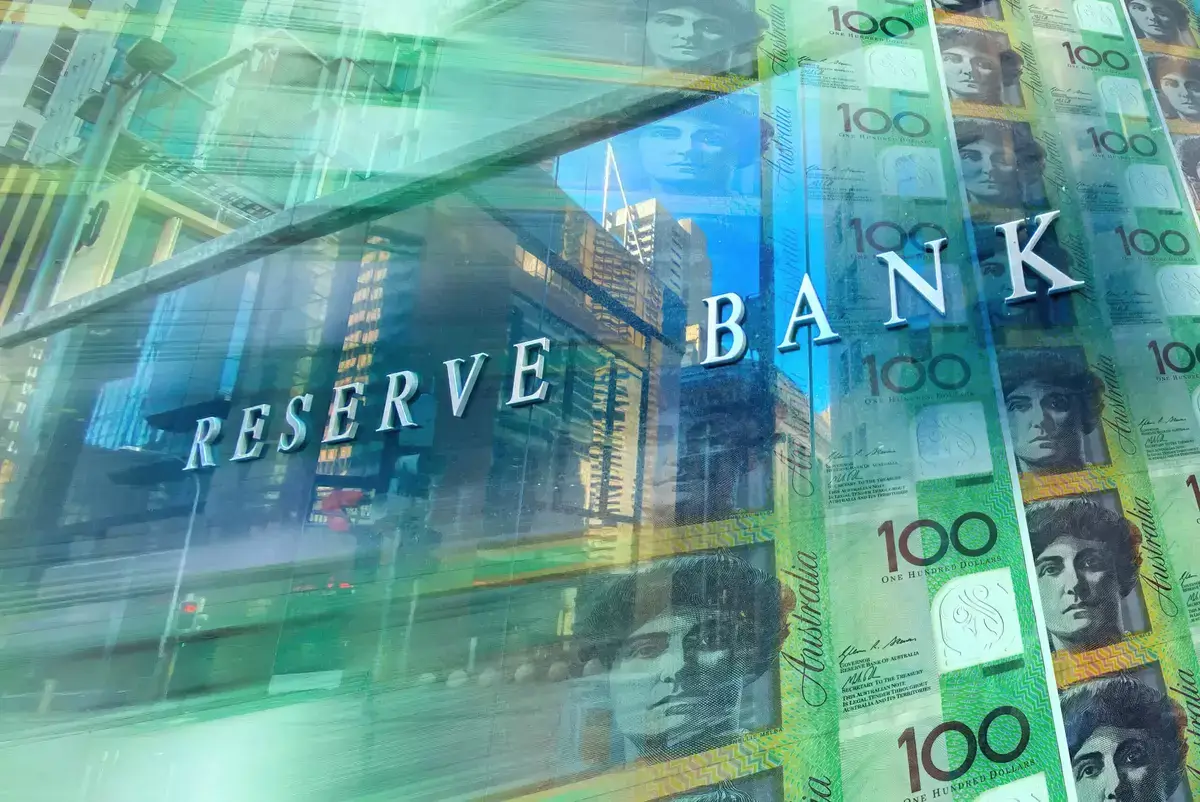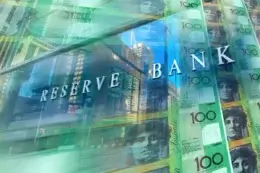
There weren’t many winners on Melbourne Cup Day as the Reserve Bank of Australia left the cash rate on hold to stop the inflation horse bolting away.
The cash rate has remained on hold at 4.35% – its highest point in over a decade – since November last year.
Compare the Market’s Chris Ford said the RBA had kept inflation on a tight rein, but needed to weigh up the impact higher rates had on families with a mortgage.
“Some economists were betting on a cash rate cut before Christmas but right now it looks like the odds are not in their favour, with just one decision remaining in December,” Mr Ford said.
“But if we’re finally starting to win the race against inflation, we could see a cut early in the New Year, bringing huge relief to families saddled with burdensome mortgage debts.
“The US Federal Reserve cut their rates last month joining the European Union, the United Kingdom, Canada, New Zealand, Denmark, Switzerland, China, and many other countries in doing so. Right now we could be the last horse out of the gate.”
Despite our cash rate being on hold, several of the country’s biggest lenders have reduced their interest rates.
ANZ was the last of the big four banks to join the 5% club, at 5.99%, meanwhile CBA, Westpac and NAB’s rates go as low as 5.89%.
“It pays to shop around when it comes to home loans and right now some customers could effectively create their own rate cut by switching to a more competitive rate,” Mr Ford said.
Fixed rate moves
| Lender | Rate type | New offer | Reduction on old offer |
| ANZ | 2 year fixed rate <80% | 5.99% | -0.65% |
| Commonwealth Bank | Three-year fixed with wealth package | 5.89% | -0.70% |
| Westpac | Two-year fixed rate <70% LVR | 5.89% | -0.80% |
| NAB | Three year fixed rate <70% LVR | 5.89% | -0.65% |
| Macquarie | Two-year fixed with <70% LVR | 5.59% | -0.30% |
This comes as a Compare the Market analysis found a 1.2% difference in some of the lowest advertised rates.
This means someone with $750,000 loan size could be saving $619 on their monthly repayments when they refinance from 7.24% to 5.99%.
| Mortgage size | The difference between variable rates in the market | ||
| Minimum monthly repayments on variable P&I rate of 5.99% (HSBC) | Minimum monthly repayments on variable P&I rate of 7.24% (ANZ) | Difference in monthly minimum repayments | |
| $600,000 | $3,593 | $4,089 | $496 |
| $750,000 | $4,492 | $5,111 | $619 |
| $1,000,000 | $5,989 | $6,815 | $826 |
| Monthly repayments do not include any reduction in the mortgage balance over time. These calculations assume: An owner-occupied variable interest rate of 5.99% compared to 7.24% p.a; principal and interest (P&I) repayments; the loan term is 30 years; and there are no monthly fees. | |||
Mr Ford encouraged borrowers to look out for these things when they refinance:
- Fees – Ask the new lender to waive upfront fees
- Break costs – If you refinance from a fixed-rate loan before the fixed term is up, you could incur significant break costs
- Cashback deals – When attached to a competitive rate, these can make a big difference.
- Revert rates – Fixed rate loans usually revert to a standard variable interest rate after a predetermined amount of time, which is often much higher than the market average rate. You may be able to avoid these by comparing and switching.
For more information, please contact:
Natasha Innes | 0416 705 514 | [email protected]
Compare the Market is a comparison service that takes the hard work out of shopping around. We make it Simples for Australians to quickly and easily compare and buy insurance, energy, travel and home loans products from a range of providers. Our easy-to-use comparison tool helps you look for a range of products that may suit your needs and benefit your back pocket.








